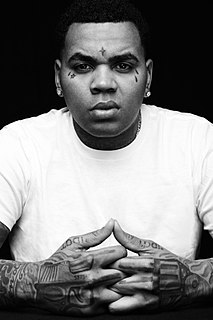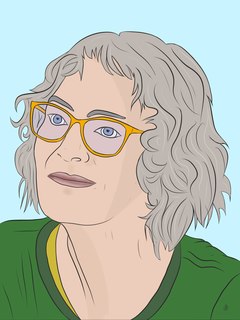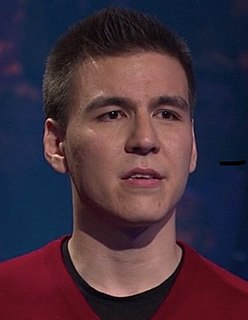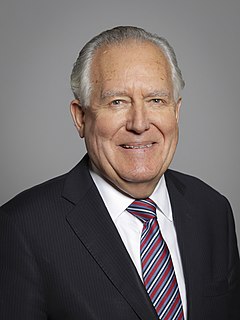A Quote by Philip Zimbardo
The first time I spoke publicly about the Stanford Prison Experiment, Stanley Milgram told me: "Your study is going to take all the ethical heat off of my back. People are now going to say yours is the most unethical study ever, and not mine.
Related Quotes
The [Stanford Prison Experiment] was readily approved by the Human Subjects Research committee because it seemed like college kids playing cops and robbers, it was an experiment that anyone could quit at any time and minimal safeguards were in place. You must distinguish hind sight from fore sight, knowing what you know now after the study is quite different from what most people imagined might happen before the study began.
I am living a new and exalted life of late. It steeps me in a sacred rapture to see a portrait develop and take soul under my hand. First, I throw off a study - just a mere study, a few apparently random lines - and to look at it you would hardly ever suspect who it was going to be; even I cannot tell, myself.
I attended college in prison. I was in jail, so there ain't no going to no classes. They have programs in certain facilities where you can earn good time, and then you get time taken off your sentence. But as far as going to classes, it's not like that. You study, and then an administrator gives you a test. I got a Master's in psychology.
When I came back from Pakistan, I wanted to take computer classes nearby. I asked my brother. I was in my home, cooking for my family, and all our relatives and guests. But I said, "I want to live my life as a woman, but I want to study." But, he told me, "Just study at home, you don't need to go out." He said, "If you go to the courses, what will our relatives say? They will lose respect for us." They told me, "We know you're feeling different, but we cannot do anything about it."
When I wrestled, I would set aside the time to wrestle, so that in my mind it didn't interfere with my study time. If I'd say, "I'm going to study this many hours, then I'm going to go work out and wrestle," then when that time comes, you don't feel like you should be doing something else. That helped me psychologically. But otherwise? When I'm wrestling, I'm not studying the universe. And when I'm studying the universe, I'm not wrestling.
So you scream from behind your door, say what's mine is mine, and not yours
I may have too much, but I'll take my chances
Cause God's stopped keeping score
And you cling to the things they sold you
Didn't you cover your eyes when they told you that he can't come back
Cause he has no children to come back for
It so hard to learn, there's so much to hate
Hanging on to hope when there is no hope to speak of
And the wounded skies above say it's much too late
So maybe we should all be praying for time
I first read Freud's famous case study on hysteria based on his client Ida Bauer when I was in my twenties. It pissed me off so badly it haunted me for 25 years. But I had to wait to be a good enough writer to give Ida her voice back. And I had to go get my own first too. I not only know the case study inside and out, like most women, I lived a version of it. Maybe it's time for us to tell our versions.
My advice would be to look at the things you do to make money as ways to inform your work in the end. If our work is to study the human condition, most humans that we are going to be playing aren't going to be artists, so go out and, as I did, learn what it's like to have a 9-to-5 job... Think of it as character study.
In one sense, the Stanford prison study is more like a Greek drama than a traditional experiment, in that we have humanity, represented by a bunch of good people, pitted against an evil-producing situation. The question is, does the goodness of the people overwhelm the bad situation, or does the bad situation overwhelm the good people?
This is the woman who stopped the Stanford Prison Study. When I said it got out of control, I was the prison superintendent. I didn't know it was out of control. I was totally indifferent. She came down, saw that madhouse and said, "You know what, it's terrible what you're doing to those boys. They're not prisoners, they're not guards, they're boys, and you are responsible." And I ended the study the next day. The good news is I married her the next year.



































